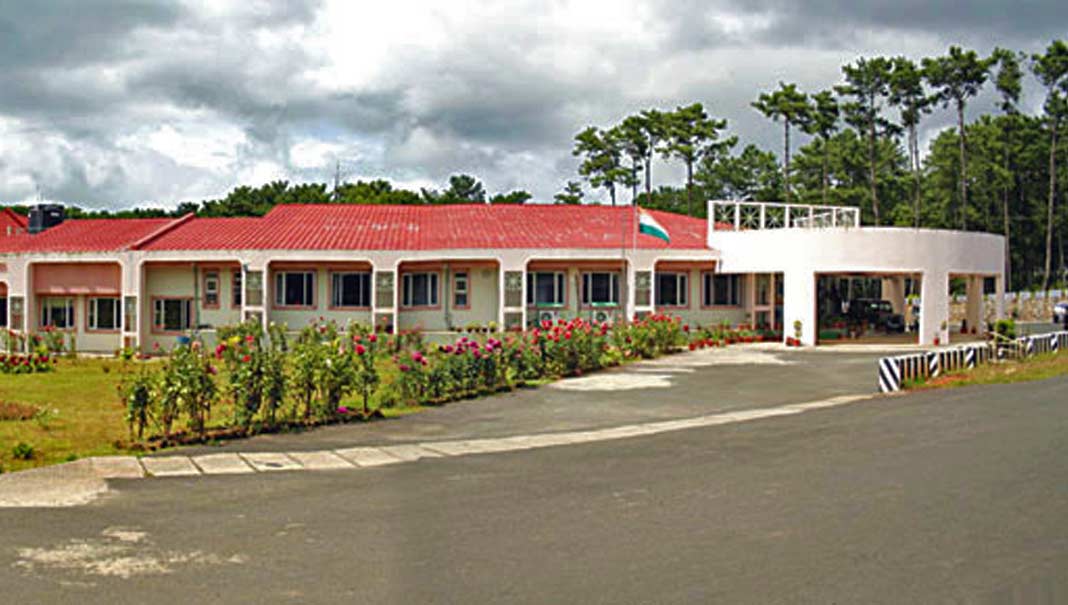NEHU receives over Rs 16.5 Cr for strengthening Medical Device Sector and Advance Biomedical Research

In a groundbreaking move to advance healthcare innovation and capacity building in the North-East, North-Eastern Hill University (NEHU), Shillong, has received over Rs 16.5 crore funding from the Government of India for its Department of Biomedical Engineering to strengthen medical device sector and advance biomedical research.
The Ministry of Chemicals and Fertilizers, through the Department of Pharmaceuticals, has approved a funding of Rs 14 crore under the “Capacity Building and Skill Development in Medical Device Sector” sub-scheme. This is part of the broader “Strengthening of Medical Device Industry” initiative, aimed at boosting India’s local medical device manufacturing capabilities, reducing reliance on imports, and fostering global competitiveness.
Key Highlights of the Initiative: NEHU will introduce a Master of Technology (M.Tech) program in Medical Devices and a Diploma in Medical Device Manufacturing and Quality to address the growing demand for skilled professionals.
The initiative will foster partnerships between industries, healthcare institutions, and students, providing hands-on experience and boosting graduates’ employability.
The program will address the unique healthcare challenges of Meghalaya and the surrounding regions, contributing to region-specific solutions and attracting talent and investment.
Additionally, the Ministry of Science and Technology, through the Department of Science and Technology (DST), has recommended a grant of Rs 2.55 crore under the Fund for Infrastructure in Science & Technology (FIST) program. This funding will support the creation of a state-of-the-art laboratory for advanced research in biomedical technologies, enabling NEHU to push the boundaries of innovation.
Advanced Research Facilities
The new laboratory will feature:
- Confocal Microscope with Raman and Photoluminescence Spectroscopy: For high-resolution imaging and material characterization, advancing research into quantum materials.
- Multielectrode Array System: Equipped for electrophysiological studies, focusing on cellular dynamics, neuronal activity, and brain-machine interfaces.
These facilities will enable cutting-edge research, fostering world-class innovations in biomedical and health technologies, with the potential to impact global healthcare systems.
The combined funding will significantly enhance NEHU’s infrastructure, enabling the creation of modern classrooms, laboratories, and research facilities that meet international standards. This initiative is expected to bridge the skill gap in the medical device sector and create numerous employment opportunities.
NEHU acknowledges the dedicated efforts of Prof. Md. Iftekhar Hussain, Dean of the School of Technology, and Prof. Sirsendu Sekhar Ray, Department of Biomedical Engineering, whose contributions have been pivotal in securing and implementing these projects.
These developments reinforce NEHU’s position as a premier educational institution in the North-East, committed to advancing research, skill development, and innovation in healthcare technology. By addressing both regional and national healthcare challenges, NEHU is poised to become a hub for excellence in biomedical engineering and medical technologies.




Leave a Reply